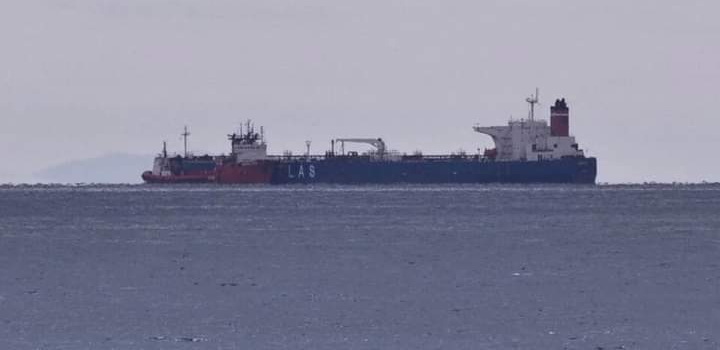Authorities in Greece appears to have backed down over the seizure of a tanker off its shores bearing Iranian crude on US instructions earlier this year, after a local court ordered the release of the detained vessel, Iranian news reports said.
“Greece released an Iranian oil tanker detained by a Greek court order, Iran’s Ports and Maritime Organization (PMO) said in a statement on Tuesday,” state news agency IRNA reported.
The timing of the release appears to have been over the weekend.
In late May, the Iranian Revolutionary Guards Corps apprehended two Greek oil tankers operating in the Persian Gulf, as retaliation for the capture of the tanker bearing Iranian oil off Greece.
The Greek Government detained the ship, whose name, flag and ownership were the subject of conflicting reports, earlier this year—apparently at the behest of the US—in order to enforce sanctions against Iran’s oil export efforts.
The US wanted to confiscate the Iranian oil carried by the tanker, and reports said that a quantity of the oil aboard the tanker had been removed.
- Advertisement -
“The Greek court finally ordered the return of the detained tanker and its cargo to the owner and the Greek government carried out the order, the statement said, adding that this happened despite the legal assistance treaty between the US and Greece, and the US pressure on Athens to keep the ship and its cargo under detention,” IRNA said on June 14.
Last Thursday, IRNA reported that the Greek court had overturned an earlier court ruling that allowed the US to confiscate an Iranian oil cargo off the Greek coast, citing Reuters, and saying that the vessel was an Iranian-flagged tanker.
TankerTrackers.com, in a June 4 update on social media, said the cargo of both Greek vessels was of Iraqi origin. On June 7, the vessel tracking service said it would end its public coverage of the situation and only update the relevant stakeholders and authorities, as well as corporate-tier clients.
Also on June 4, Iran’s Supreme Leader set out reasons why the Iranian tit-for-tat seizure of the Greek tankers could not be considered as theft, but merely a reprisal for Greece’s earlier action.
Greece’s climbdown in the face of Iran’s actions is likely to complicate the international effort to reach agreement with the Islamic Republic on the scaling back of its nuclear programme.
On June 6, Director General Rafael M. Grossi told the IAEA’s Board of Governors that the IAEA could not confirm the correctness and completeness of Iran’s declarations under its Comprehensive Safeguards Agreement.




Comments are closed.